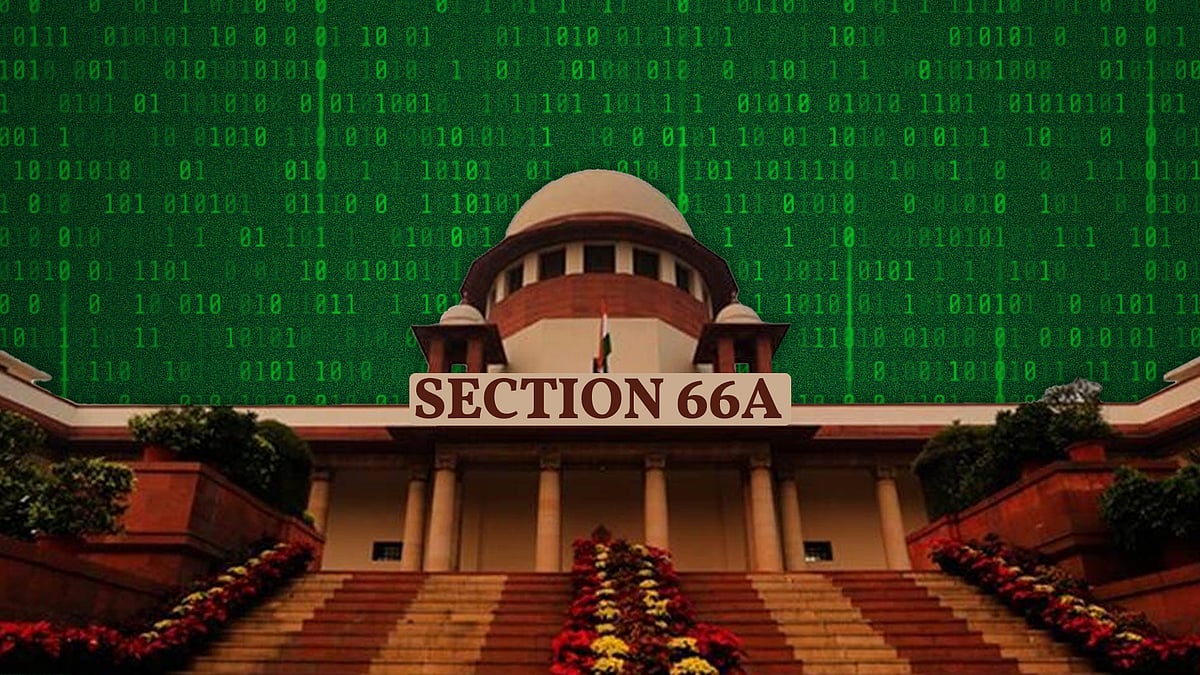‘Reformation, not retribution, should be central idea’: Editorials on the formation of constitutional bench for death penalty
Editorials took note of the fact that most convicts tend to be from marginalised communities.
The death penalty has been one of the most contentious issues in the country. On Monday the Supreme Court constituted a five judge constitution bench to frame norms and guidelines for trial courts in awarding the death sentence.
Editorials across English papers lauded the court’s decision.
An editorial in Indian Express called it a “welcome intervention”, pointing out that the death row debate in India “cannot ignore the reality of the structural discrimination against those from a certain caste, class, and religion”.
“In India, at a time when legislation imposing death sentences are increasing, raising the procedural bar in imposing capital punishment is a crucial balance between total abolition and active advocacy of the death sentence,” it said. It called the case a “crucial opportunity to bring consistency in practice and, thus, ensure that those facing capital punishment get a hearing that’s fair, humane – and just”.
Times of India said given the “many worrying tendencies of lower courts”, a “court of procedural dos and don’ts will really help”. While India “seldom executes death row prisoners”, the editorial said, “trial courts hand out dozens of death penalties every year”.
On discrimination in the system, it said, “Poorer convicts often don’t receive quality legal assistance and a capital punishment for an innocent is an irretrievable miscarriage of justice.”
Hindustan Times took the same line, noting that trial courts “largely relied on aggravating circumstances to fix sentencing, and in 51 percent of cases, mitigating circumstances were not considered”. It called the Supreme Court’s move an “important step towards correcting this problem”.
It hoped the court would also provide clarity on issues including whether a “broader change in mindset can be affected, especially of prosecuting agencies that seek the maximum punishment”. Hindustan Times noted how most death row convicts come from marginalised backgrounds.
Deccan Herald also had an editorial on Tuesday, saying the court had “done well to take a close look at an important aspect of the death penalty which has not received adequate attention till now”.
The editorial drew a difference between sentencing and convictions: “In the present scheme and practice of judicial decision-making, sentencing does not get as much importance as a conviction. Once the court decides that the accused is guilty, sentencing tends to become quick and easy.”In this regard, it notes how convicts do not get enough time to present mitigating circumstances to lighten their sentence.
The editorial concluded: “Capital punishment is itself wrong and will become irrelevant if the idea of reformation of the convict, not retribution, becomes the central idea of the criminal justice system.”
Newslaundry had previously reported on the findings of the Death Penalty Project report of 2016 – how death row prisoners are largely poor, uneducated, and from SC, ST, OBC categories or religious minorities. Torture is rampant and there are flagrant procedural lapses when prisoners are in pretrial custody. Read our report here.
Also watch Kunal Kamra and Sanjay Rajoura debate on whether the death penalty should be abolished.
 Voyeuristic narratives of ‘bad’ women: What the media gets wrong in depicting women on death row
Voyeuristic narratives of ‘bad’ women: What the media gets wrong in depicting women on death row Will Indian police finally stop registering cases under Section 66A?
Will Indian police finally stop registering cases under Section 66A?
NL Digest
A weekly guide to the best of our stories from our editors and reporters. Note: Skip if you're a subscriber. All subscribers get a weekly, subscriber-only newsletter by default.
